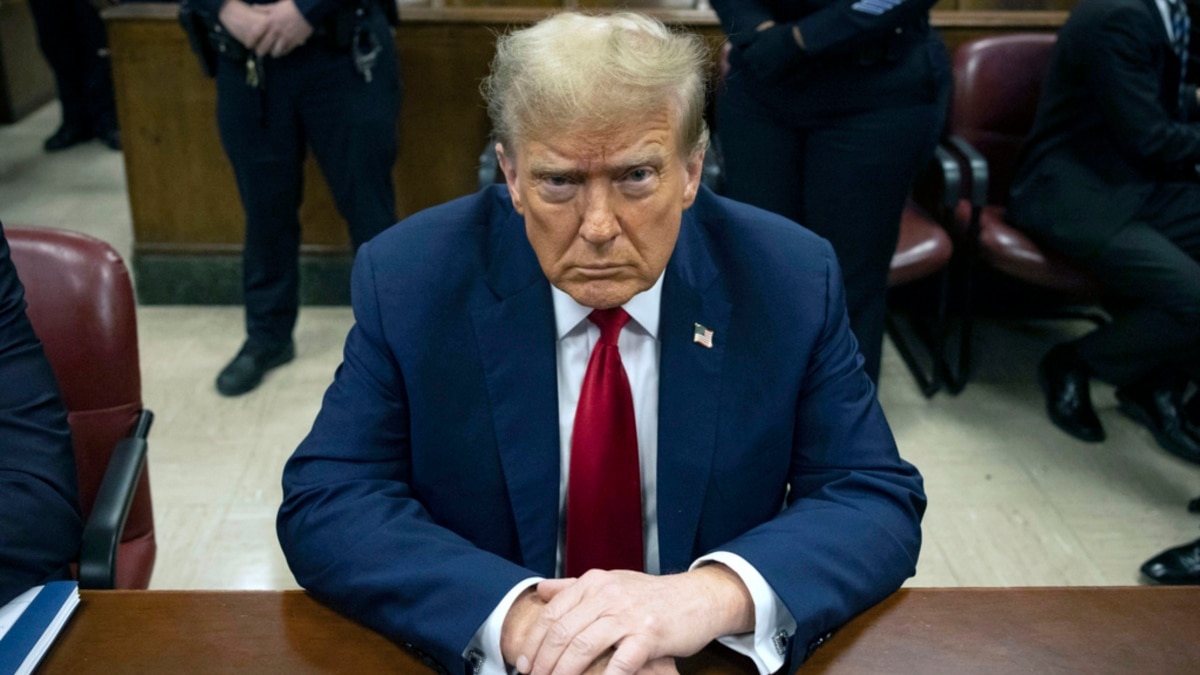
As President Donald Trump was sworn into office on Jan. 20, African nations watched the inauguration ceremony with the expectation that he would “focus more on partnerships with African countries.”
But some in Africa remain critical, focusing on the president’s ability to travel internationally.
On Jan. 10, Trump was formally convicted of a felony by a New York court after he was found guilty on 34 felony counts of falsifying business records.
Trump denies the accusations, dubbing them as “political witch-hunt” and claiming innocence.
Yet some claim such a conviction could potentially impact the president’s foreign trips.
Soon after Trump was sworn in, Dr. Kemi Lawrence, a Nigerian journalist, alleged that Trump had only one foreign travel option, which is visiting Nigeria.
In a video posted on her TikTok account, Lawrence claimed: “President Trump is a convicted felon and he cannot enter UAE, UK, Canada, South Africa, Donald Trump cannot enter like 42 countries.”
The claim is misleading.
Canada is among dozens of countries to refuse entry to convicted felons. But experts say the Canadian laws can still grant a felon entry.
A Canadian website with guidance for Americans with criminal records who wish to enter the country says convicted felons can sometimes do so in one of two ways:
With a valid reason, you can request from Canadian immigration officials a temporary resident permit for up to three years.
A second option is to request “Criminal Rehabilitation, which is Canada’s permanent solution for criminally inadmissible foreign nationals.”
Canada, which assumed the rotating presidency of the Group of Seven (G7) nations on Jan. 1, will host the G7 summit in Kananaskis, Alberta, from June 15 to 17, 2025.
Trump is among the world leaders expected to attend the summit.
On Jan. 20, Canadian broadcaster CBC reported that “it might fall on the immigration minister to issue a special visa for him to enter the country.”
More than 38 countries have laws that allow them to refuse a felon entry into their territories, according to Gregory Germain, a professor at the New York-based Syracuse University College of Law.
Yet “it is entirely up to each country whether they will allow him to visit their country,” Germain told Polygraph in an interview. “Countries that prohibit convicted felons from visiting, or require special approval to visit, will have to decide whether to let him into their country.”
South Africa is one of these 38 countries that has a law barring entry for convicted felons.
However, on Nov. 8, three days after Trump won the U.S. presidential elections, South African President Cyril Ramaphosa congratulated Trump by telephone.
The South African president shared on X part of his discussion adding, “We also look forward to hosting President-Elect Trump during the #G20 Heads of State Summit next year.’’
Lawrence also claimed Trump “cannot enter the UK,” which is untrue.
On Dec. 27, Britain’s Telegraph reported that “Number 10 [Downing Street, official residence of Britain’s prime minister] and the Foreign Office are preparing to offer the incoming U.S. president an invitation once he is back in the White House, with the backing of Buckingham Palace.”
“U.S. President-elect Donald Trump could become the first elected politician in modern history to be hosted for two state visits by the British royal family.”
The United Arab Emirates has also expressed interest to work with Trump.
Trump will not be the first President to travel on a special visa due to a criminal record.
In 2001, former President George W. Bush had to apply for a special waiver to enter Canada during the 3rd Summit of Americas held in Quebec due to a 1976 misdemeanor conviction for drunk driving.
During his previous administration, Trump’s first foreign trip was to Saudi Arabia, Israel, the Palestinian territories, Brussels, the Vatican and Sicily.
His second foreign trip was to Poland in June 2017, which he concluded by attending the G20 Summit in Germany.
This post was originally published on here







